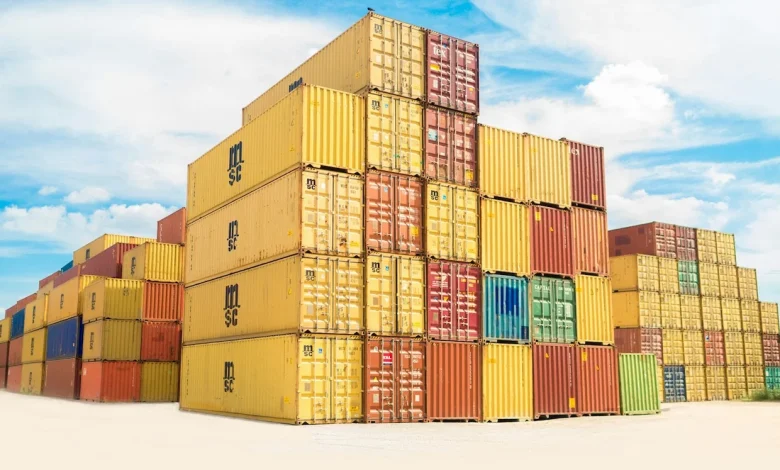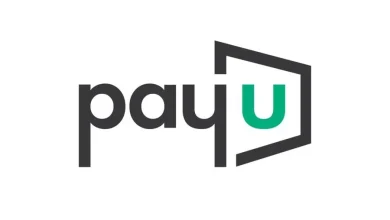U.S. Senate Bid to Fast-Track “No Coffee Tax Act” Denied

As U.S. coffee prices continue to climb, a move in the U.S. Senate to fast-track the bipartisan “No Coffee Tax Act” ran aground yesterday when a single Republican senator objected.
On the Senate floor, Sen. Catherine Cortez Masto (D-Nev.) asked for unanimous consent — a procedure that allows noncontroversial bills to pass without a roll-call vote — to pass the No Coffee Tax Act, which she co-authored with Sen. Rand Paul (R-Ky.).
Video of the session shows Sen. Mike Crapo (R-Idaho), the Republican chair of the Senate Finance Committee, objecting. The move sends the bill back to the committee level, where it will await further consideration.
The proposed legislation is part of a broader push by lawmakers and industry groups to exempt coffee from President Donald Trump’s “reciprocal tariffs” — fees paid by U.S. importers — on imported goods. Tariffs on goods from nearly all coffee-producing countries currently range from 10% to 50%, with the 50% tariff on Brazil having an outsized impact on the U.S. coffee market.
Meanwhile, coffee shop and grocery prices are continuing to rise. In September, the average grocery store price for a pound of roasted, ground coffee reached $9.14, up 41% from a year earlier, while the Bureau of Labor Statistics’ broad coffee index was up 18.9% year over year, far outpacing overall food and beverage inflation.
The No Coffee Tax Act calls for coffee to be exempted from tariffs, given the fact that the United States cannot produce coffee at a scale anywhere near necessary to meet domestic demand. Coffee production in Hawaii and Puerto Rico combined represents a fraction of 1% of U.S. green coffee demand.
“I know that responsible, targeted tariffs on our adversaries can be good for American workers and our national security. There’s a smart way to do this, but taxing our coffee and raising prices for Americans isn’t it,” Cortez Masto said on the Senate floor.
In his objection, Crapo argued against the Senate making “one-off exceptions” for certain imported goods “in isolation of a larger negotiating strategy and broader stakeholder concerns.”
Crapo cited coffee’s exemptions through broader recent trade deals with Cambodia and Malaysia, despite the fact that those countries combined produce less than one-tenth of 1% of the world’s coffee, according to USDA statistics.
Comments? Questions? News to share? Contact DCN’s editors here. For all the latest coffee industry news, subscribe to the DCN newsletter.





